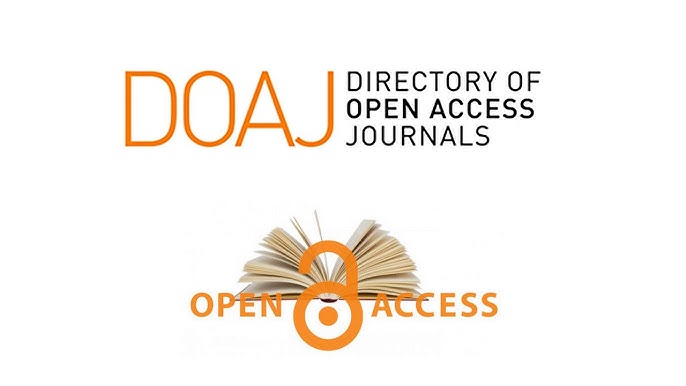Iran's Attitude Arab-Israeli Normalization Agreements
Abstract
The normalization agreements signed by the UAE, Bahrain, Morocco, and Sudan with "Israel" constituted an important shift and change in the reality of Arab-"Israeli" relations, and had effects and repercussions on the Arab and regional situation. The research aims to study the normalization agreements that were signed in 2020, the reasons behind them, the most prominent contents of those agreements, Iran's position on them, and the repercussions of that position on it. The research is structured into four research axes:1- Iran and the initiatives to end the Arab-Israeli conflict until 1990.2- Iran's position on the Madrid Conference of 1991, the Oslo Accords of 1993, and the Jordanian-Israeli peace treaty of 1994.3- Iran and the normalization agreements of 2020.The research reached several results, the most significant of which is that the normalization agreements were a substantial shift in the region, and had repercussions, which were the reason for Iran's rejection and opposition to them, as the Iranian leaders criticized them strongly, especially those signed by the UAE and Bahrain due to their geographical location in the Arab Gulf region and their proximity to it, so Iran considered them a direct threat to its national security, because "Israel" was able through it to find a foothold in the Arab Gulf region, and this was the reason for Iran's adoption of a policy aimed at confronting that threat in various ways and means.



